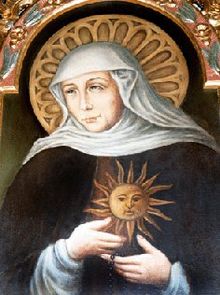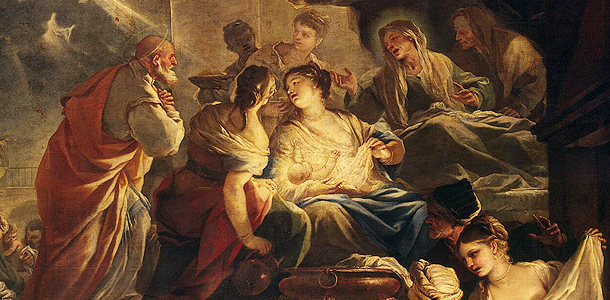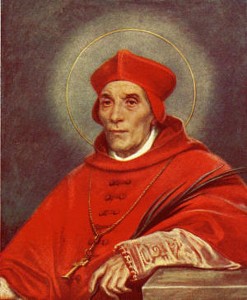 “Friends: No matter how far someone has fallen from God,
“Friends: No matter how far someone has fallen from God,
God is rich in mercy and He is waiting for sinners to come home, to repent.” –Archbishop Jose Gomez
Catechism of the Catholic Church
The Sacrament of Penance and Reconciliation
Interior Penance
1430: Jesus’ call to conversion and penance, like that of the Prophets before Him, does not aim first at outward works ‘sackcloth and ashes,’ fasting and mortification but at the conversion of the heart, interior conversion. Without this, such penances remain sterile and false; however interior conversion urges expression in visible signs, gestures and works of penance.
1431: Interior repentance is a radical reorientation of our whole life, a return, a conversion to God with all our heart, an end of sin, a turning away from evil with repugnance toward the evil actions we have committed. At the same time it entails the desire and resolution to change one’s life, with hope in God’s mercy and trust in the help of His grace. This conversion of heart is accompanied by a salutary pain and sadness which the Father called animi cruciatus (affliction of spirit) and compuncito cordis (repentance of heart).
1432: The human heart is heavy and hardened. God must give man a new heart. Conversion is first of all a work of the grace of God who makes our hearts return to Him. “Restore us to Thyself, O Lord, that we may be restored.” (Lamentations 5:21) God gives us the strength to begin a new. It is in discovering the greatness of God’s love that our heart is shaken by the horror and weight of sin and begins to fear offending God by sin and being separated from Him. The human heart is converted by looking upon Him whom our sins have pierced. (John 19:37; Zechariah 12:10)
Prayer to Jesus — Act of Contrition
O My God,
I am heartily sorry for having offended Thee
and I detest all my sins because I dread
the loss of Heaven and the pains of Hell
but most of all because they offend Thee,
my God, Who are all good and deserving
of all my love.
I firmly resolve, with the help of Thy grace,
to confess my sins, to do penance
and to amend my life. Amen!
Related: Additional Prayers to Jesus -EWTN
You May Know the JOY of Salvation and ETERNAL LIFE Today Through THE GOOD NEWS of Christ Jesus!
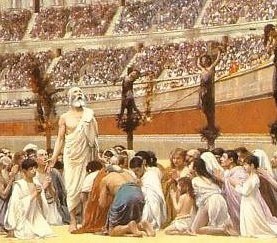
 Feasts of Saint’s Peter & Paul –Image Courtesy: Vatican
Feasts of Saint’s Peter & Paul –Image Courtesy: Vatican 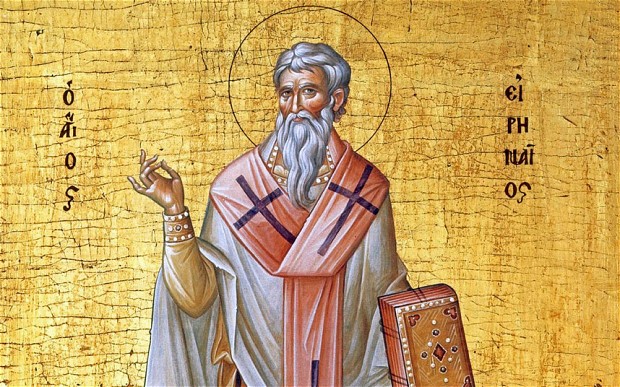 St. Irenaeus “The Glory of God is Man Fully Alive” –Image:
St. Irenaeus “The Glory of God is Man Fully Alive” –Image: 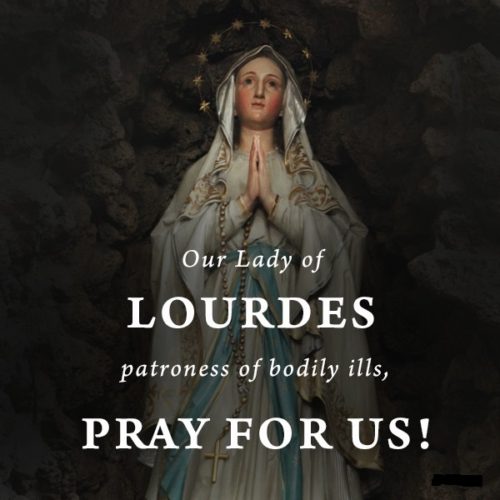
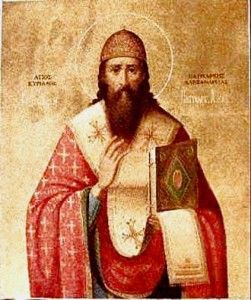
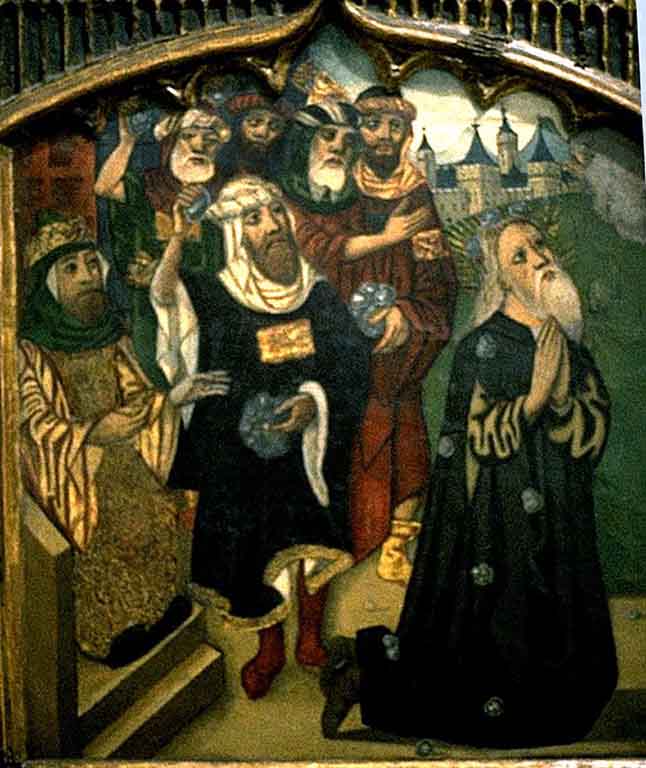 Because of Catholics Like Raymond Lull (1235-1315) –Patheos.com
Because of Catholics Like Raymond Lull (1235-1315) –Patheos.com 